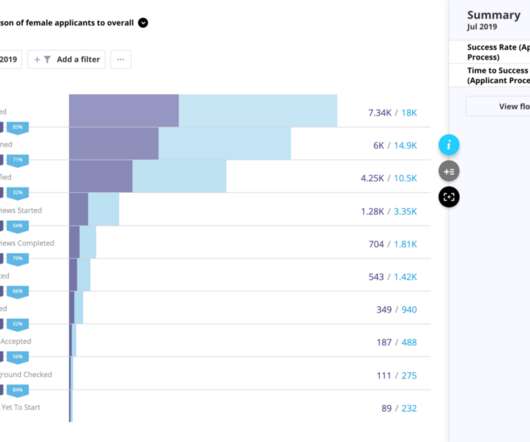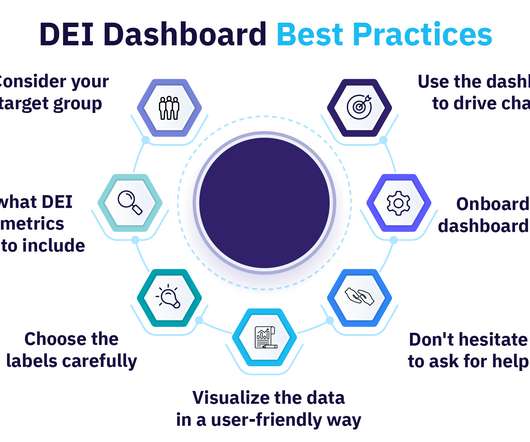Promotions have slowed. Why HR needs to pay attention
HRExecutive
JANUARY 2, 2024
Advertisement - Those of us who are older will remember the days when compensation systems were driven by promotions: Your pay was largely tied to your job title; the way you got ahead in terms of pay was to get promoted. In the first two years on the job, only 4.5% got promotions.
































Let's personalize your content